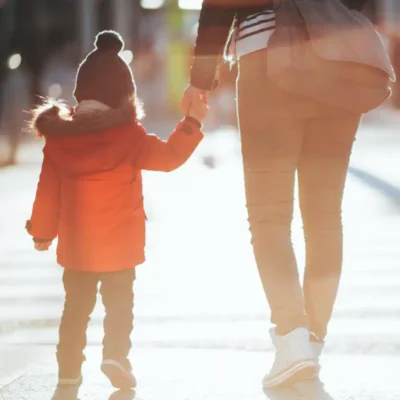
Ahluwalia v Ahluwalia (2024)

Status: In progress
Case summary
This Supreme Court of Canada (SCC) case considers whether tort law should recognize a new tort of family violence. Tort law has often failed to adequately compensate survivors of intimate partner violence (IPV), especially women. This is because tort law was developed from a male perspective at a time when the legal system was controlled by men and interspousal immunity prevented women from suing their husbands in tort. It was thus not structured to capture the gendered harms of IPV, including the violation of survivors’ rights to security, substantive equality, dignity, and autonomy. In practice, few survivors bring tort claims against their abusers at all. For those who do, it is difficult to prove both the abuse itself and its harms. Even successful IPV tort claims tend to result in much lower compensation awards than tort claims involving violence by a stranger.
In this case, Ms. Ahluwalia, a survivor of abuse and coercive control by her ex-husband, sought tort compensation as part of her divorce claim. The trial judge found the existing torts, like battery, assault, and intentional infliction of emotional distress, did not address the nature and harms of patterns of abuse. The trial judge created a new tort of family violence that would be more accessible to survivors and more effective at compensating them. As a result, Ms. Ahluwalia was awarded $150,000 in damages. On appeal, the Ontario Court of Appeal rejected the new tort, applying existing torts instead, and reducing her damages to $100,000. The case is now before the Supreme Court of Canada to decide whether a tort of family violence is necessary and appropriate.
Myths and stereotypes about IPV played a key role in this case. At trial, Mr. Ahluwalia used myth-based reasoning to question Ms. Ahluwalia’s credibility. He claimed that she was not a believable victim because of her education level, her immigration history, and the timing of when she reported the abuse. He also claimed she was motivated by revenge and financial gain. On appeal, the Court of Appeal’s concerns about the weaponization of the new tort echoed the common myth that women lie about abuse to manipulate the legal system.
West Coast LEAF’s involvement
West Coast LEAF and the Rise Women’s Legal Centre (Rise) are jointly intervening in this case to address the operation and legal implications of IPV myths and stereotypes in family and tort cases. Common IPV myths and stereotypes include:
- Women lie about or exaggerate IPV for litigation advantage or because they are vengeful or “crazy”.
- IPV is part of mutual blameworthy conduct or a “high conflict” relationship.
- IPV is only serious if it is physical.
- IPV does not harm children and has nothing to do with the perpetrator’s parenting ability.
- IPV is something to be tolerated to promote conciliation, resolution, and co-parenting.
- “Real” victims of IPV would act in expected ways, such as leaving the relationship, disclosing IPV early, reporting IPV to the police, consistently presenting as helpless and dependent, and providing clear, detailed, and consistent evidence (i.e., unaffected by trauma or stress).
IPV myths and stereotypes undermine fair trials by acting as a barrier to disclosing, proving, and accessing appropriate legal remedies for IPV. They can also retraumatize survivors by subjecting them to irrelevant and intrusive lines of inquiry. These harms put survivors at risk of ongoing violence, dominance, and control. They are an important contributor to women’s social and economic disadvantages after marital or relationship breakdown.
West Coast LEAF and Rise will invite the SCC to specifically address the operation of IPV myths and stereotypes within the legal system and prohibit courts from relying on IPV myths and stereotypes when deciding family violence issues, and apply this prohibition to the issues on appeal, including by ensuring that the legal tests for proving tort claims do not open the back door to myth-based reasoning.
This intervention builds on West Coast LEAF’s history of advocating for improved legal responses to family violence and the feminization of poverty, including past cases like Single Mothers’ Alliance v. BC and interventions in Michel v Graydon, Colucci v Colucci, and Barendregt v Grebliunas.
What’s next
The case will be heard at the SCC February 11 to 12, 2025. West Coast LEAF and Rise are represented by pro bono lawyers Monique and Gita from Ethos Law Group, alongside Rise co-counsel Rosanna Adams.
Case documents
Take action for justice and equity!
We need your help to make positive, transformative change.